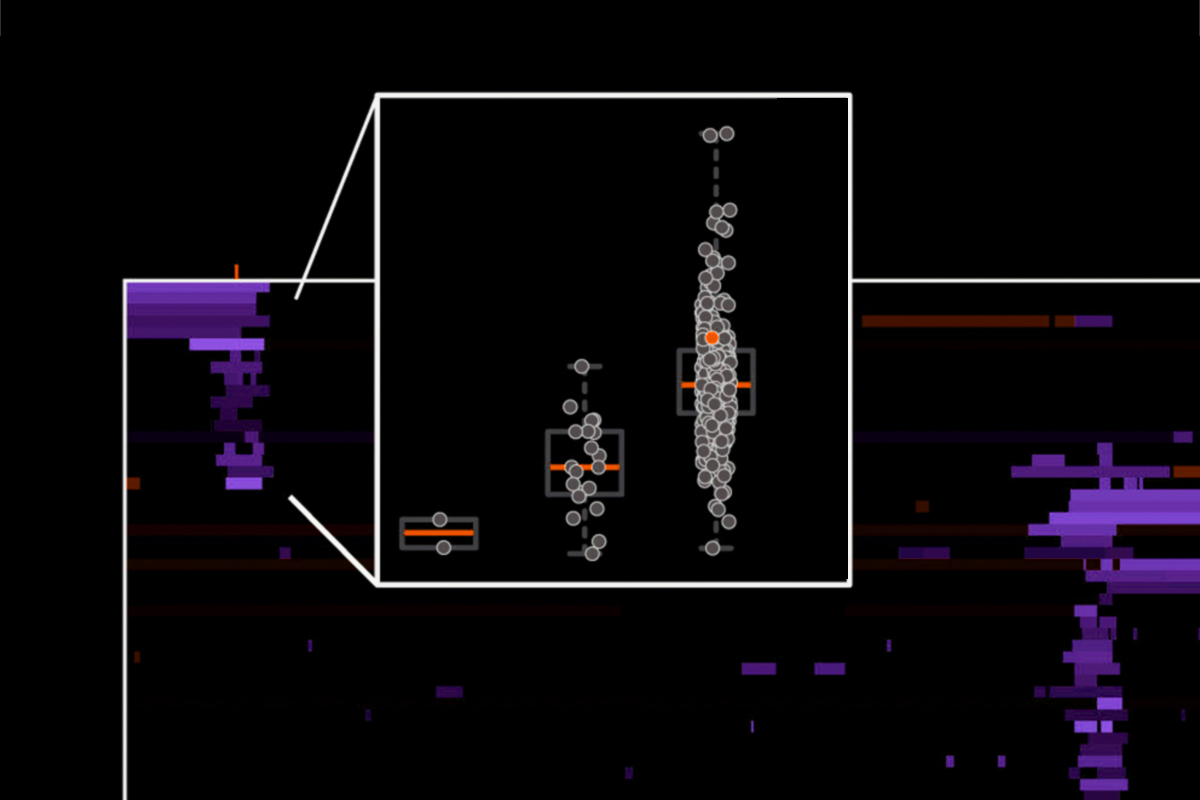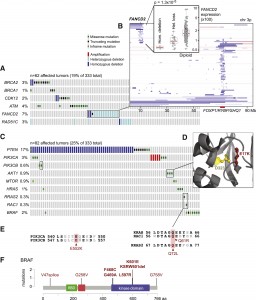Prostate Cancer Study Identifies Numerous Subtypes of the Disease
 thorsson-shmulevich.isbscience.org/2015/11/05/5121/
thorsson-shmulevich.isbscience.org/2015/11/05/5121/
- Prostate cancer is the second most common cancer in men worldwide.
- Integrative analysis led to the identification of 7 subtypes of prostate cancer.
- Changes in signaling pathways and DNA repair genes may suggest new opportunities for therapy.
By Lisa Iype
Prostate cancer is the second most common cancer in men worldwide. The clinical behavior of prostate cancer is variable with some men exhibiting indolent prostate cancer which can be monitored over time while other men develop aggressive prostate cancer which can lead to metastasis and death.
As part of The Cancer Genome Atlas (TCGA) project, ISB researchers helped to analyze 333 primary prostate cancers by integrating data from DNA sequence, gene expression, microRNA expression, protein expression, and DNA methylation profiles. The study identified seven subtypes of prostate cancer reflecting the heterogeneity of this cancer. Approximately one-fourth of the samples could not be readily classified as a particular subtype. In the study, TCGA researchers also identified changes in signaling pathways and DNA repair genes which may suggest new opportunities for therapy.
The TCGA researchers compared their results to results from a recent multi-institutional study on metastatic prostate cancer (Integrative Clinical Genomics of Advanced Prostate Cancer) in order to identify molecular features which were similar and different between primary prostate cancer and treated metastatic prostate cancer. Many genes and pathways had increased alteration rates in the metastatic samples as compared to the primary prostate samples.
Title: “The Molecular Taxonomy of Primary Prostate Cancer”
Journal: Cell
Authors: The Cancer Genome Atlas Research Network
Link: Cell
TCGA Release: Read press release…







